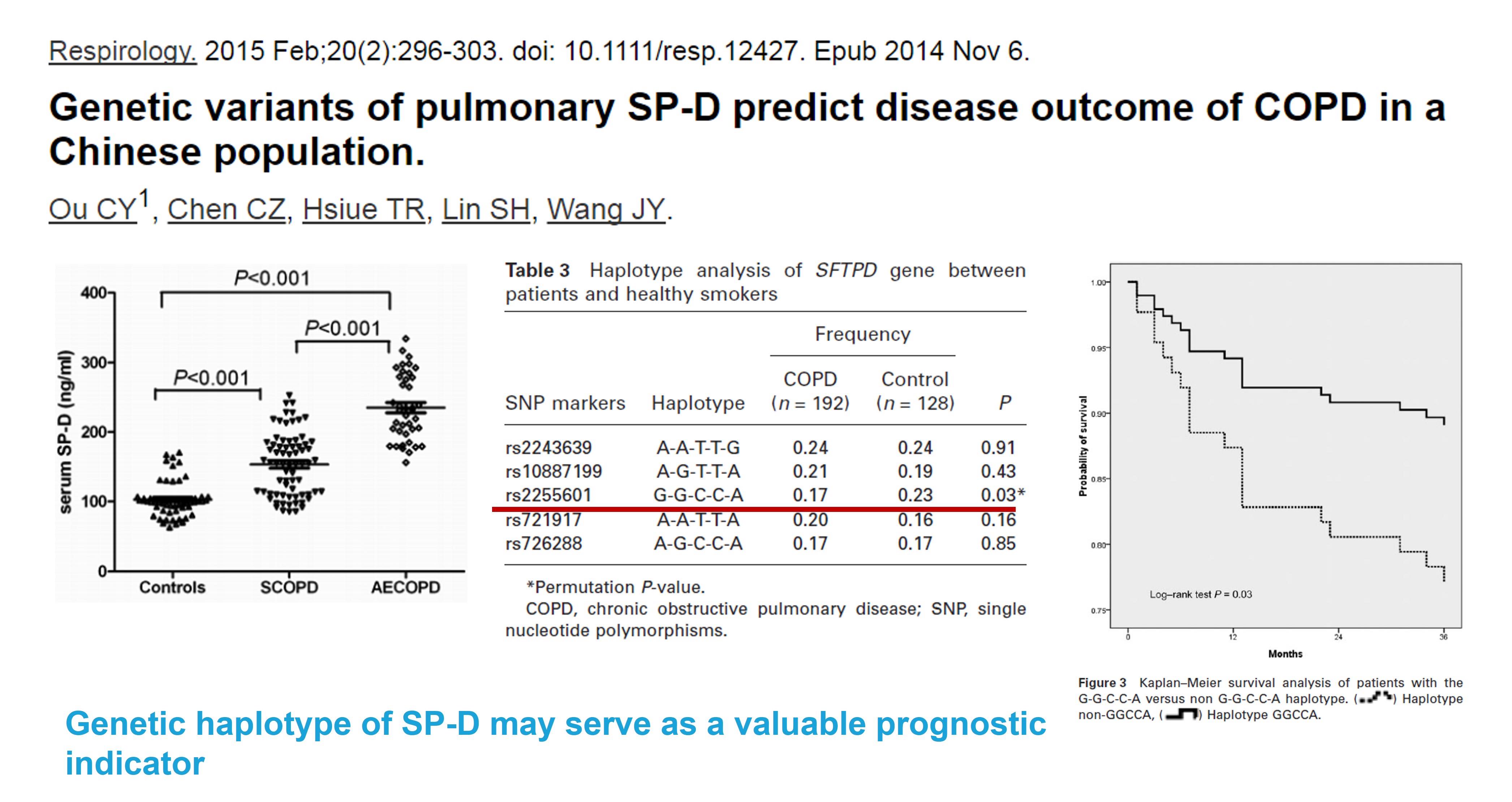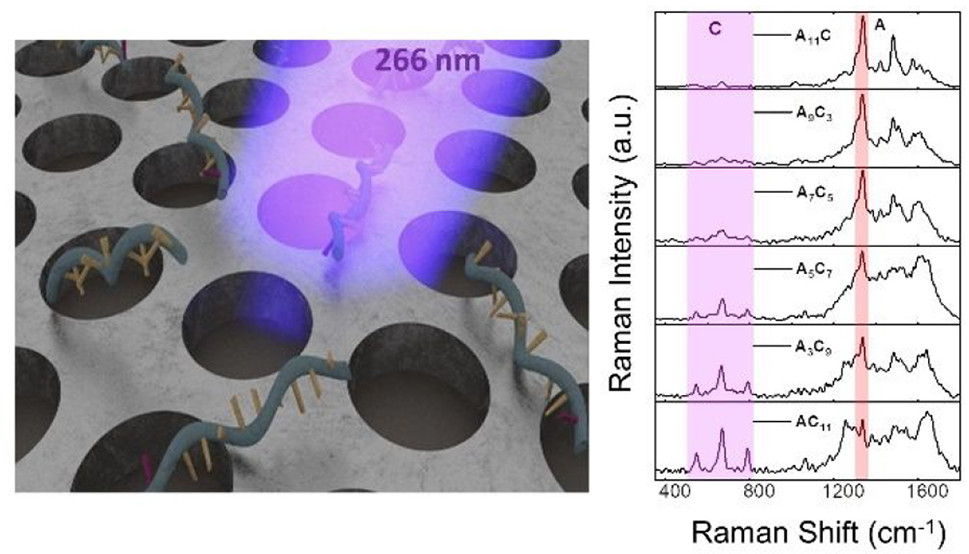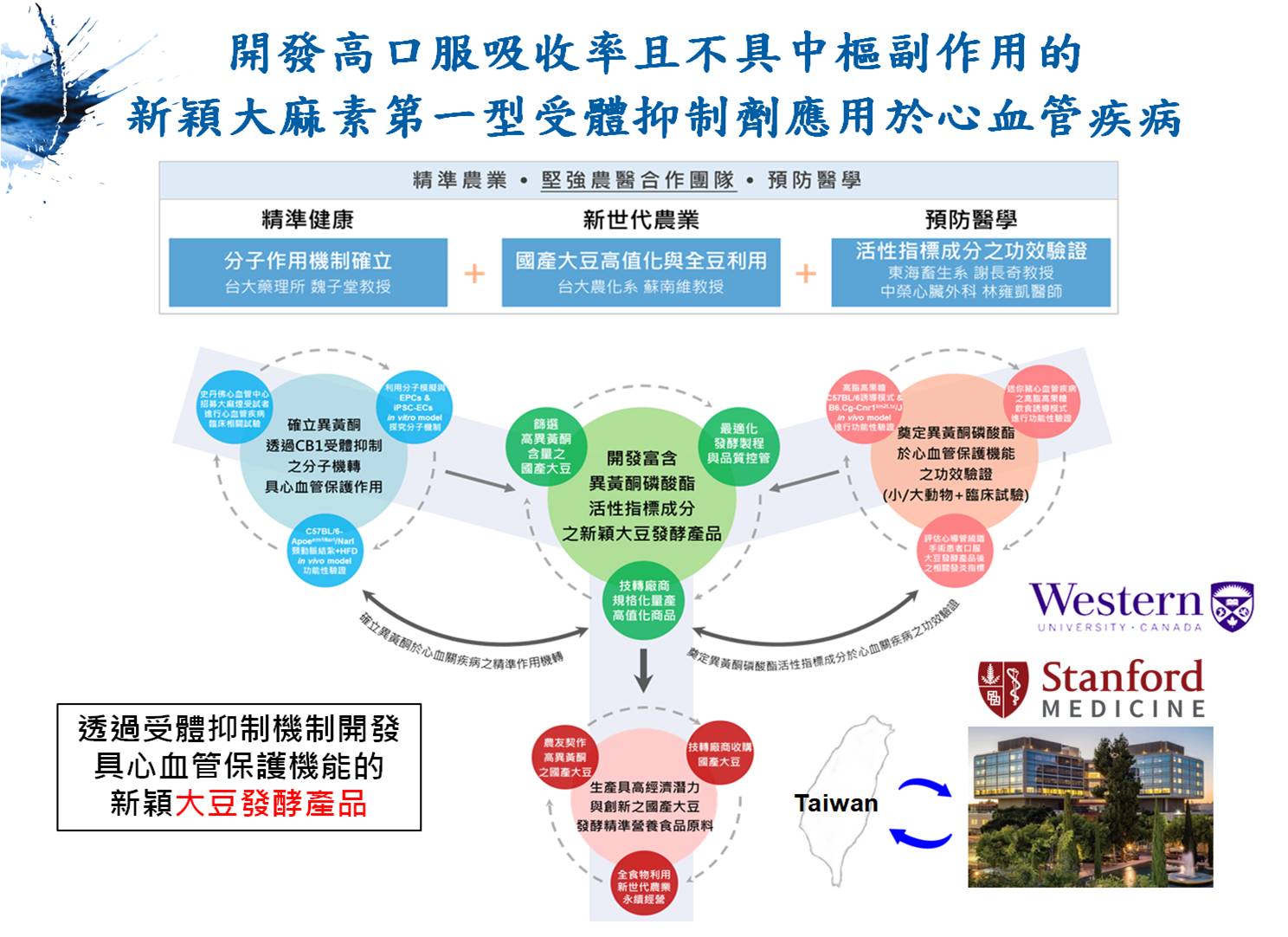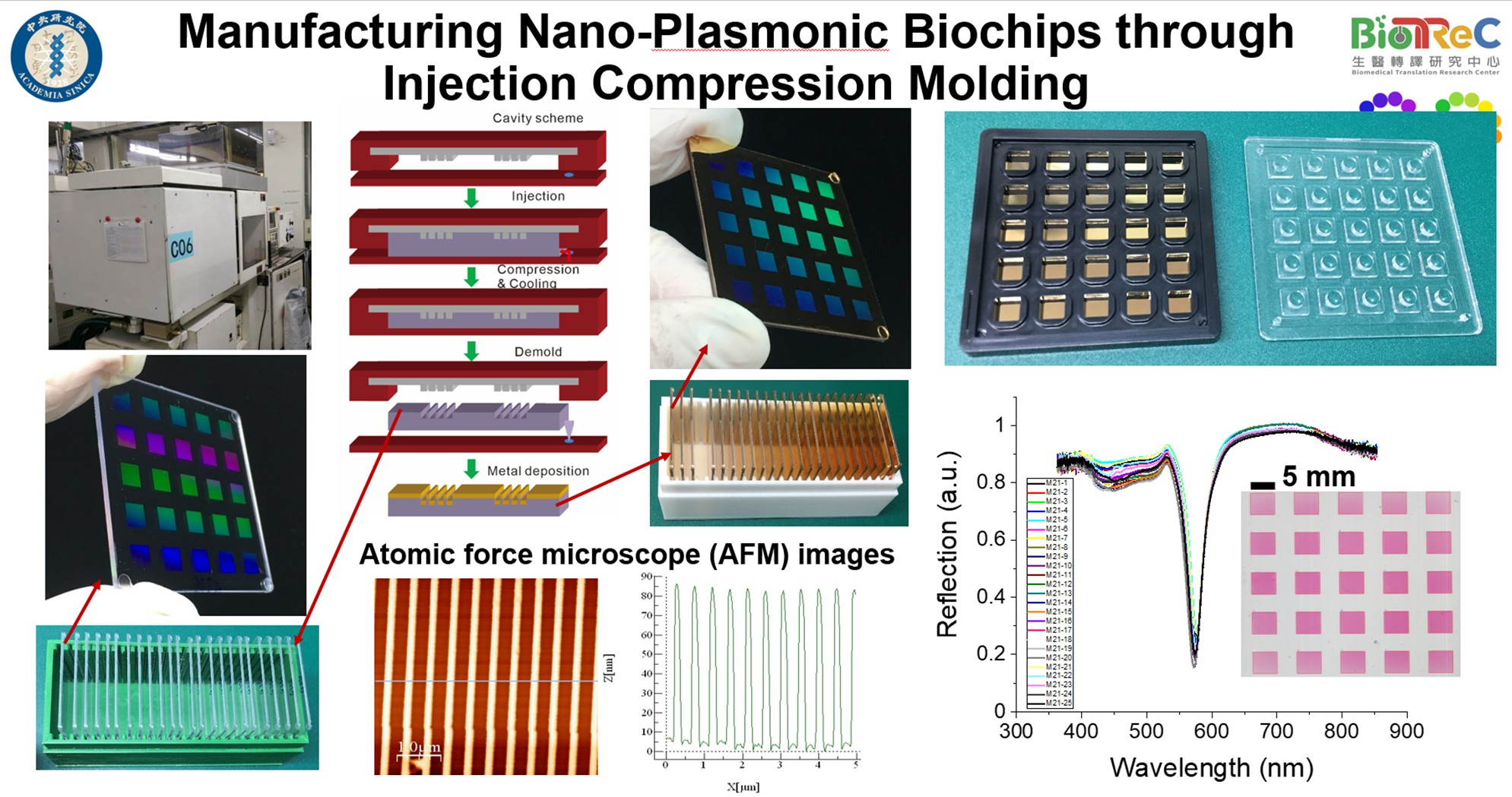Administration with recombinant fragment of human SP-D (rfhSP-D) in t he diagnosis and treatment for chronic obstructive pulmonary disease


The surfactant protein D (SP-D) is produced by type II alveolar cells and se
rves as an antimicrobial agent as well as to prevent inflammation. Our pre
vious study examined single nucleotide polymorphisms in the SP-D gene i
n Taiwanese COPD patients. We found that SP-D gene variants were relate
d to COPD clinical manifestations, severity and prognosis. SP-D levels wer
e significantly associated with COPD airflow obstruction. We found haplot
ype G-G-C-C-A associated with lower COPD risk. COPD patients with hapl
otype G-G-C-C-A had lower serum SP-D levels, higher rates of positive res
ponse to bronchodilator treatment, more improvement of forced expirato
ry volume in 1 s in yearly follow-up and better 3-year survival rate than C
OPD patients with non G-G-C-C-A haplotype. It appears that SP-D haploty
pe can be used as a prognostic factor in Chinese COPD patients. Our invention identifies SP-D gene variants that are predictive of COPD occurrence
and prognosis, and has gained USA patent status. COPD, including chroni
c bronchitis and emphysema, is Taiwan's seventh leading cause of death
and America's third leading cause. Our innovation is that we are the first
team in the world to apply fragment of recombinant human lung surfacta
nt protein D (rfhSP-D) to treat ozone and cigarette-exposed mice model o
f COPD. Exogenous rfhSP-D prevented the formation of oxidized low-den
sity lipoprotein-induced foamy macrophage in vitro and reversed the airw
ay inflammation and emphysematous changes caused by oxidative stress
and CS exposure in vivo. SP-D upregulated the expression of genes involv
ed in countering oxidative stress and lipid metabolism perturbations indu
ced by CS and OxLDL in bone marrow-derived macrophages. We demonst
rate that SP-D plays a crucial role in maintaining the lipid homeostasis of
dysfunctional alveol
Currently, there are nine colleges, including the College of Medicine, College of Dentistry, College of Pharmacy, College of Traditional Chinese Medicine, College of Public Health, College of Health Care, College of Life Sciences, College of Humanities and Technology, and College of Medical Engineering, including 23 bachelor's programs, 34 master's programs, 20 doctoral programs, and teaching, research, and medical units such as the Taichung Affiliated Hospital, Beigang Affiliated Hospital, Hsinchu Affiliated Hospital, Children's Hospital, and Tainan Municipal Annan Hospital (commissioned to be built and operated by China Medical University). The university is well-equipped with various research and medical facilities, of which about 70% are related to Chinese and Western medicine. It provides the most complete curriculum in the country with the characteristics of the integration of Chinese and Western medicine, cultivates medical, nursing, pharmaceutical, and technical professionals with the characteristics of the integration of Chinese and Western medicine, and develops the three most Chinese medicine-based fields, including the development of Chinese medicine resources, the research and development of Chinese medicine health foods and anti-disease drugs, and the theory and application of Chinese medicine (including acupuncture). After nearly half a century of intensive cultivation, the university has developed into an excellent institution of higher education in the country and even the world with the most Chinese and Western medicine-based integration characteristics, and has gradually implemented the scientification, modernization, and internationalization of Chinese medicine, as well as pioneered the emerging medicine that combines Chinese and Western medicine.

Demonstration of a Superior Deep-UV Surface-Enhanced Resonance Ram an Scattering (SERRS) Substrate and Single-Base Mutation Detection in O ligonucleotides

Development of novel cannabinoid CB1receptor antagonists with high oral absorption and no central adverse effects for the treatment of cardiovascular diseases

Quantitative Analysis of Drug Toxicity Using Metallic Nanostructures and Contrast-Enhanced Surface Plasmon Imaging Technology

Novel cancer immunotherapeutic agent targeting tumor and tumor immune microenvironment for the treatment of triple negative breast cancer
Technology maturity:Experiment stage
Exhibiting purpose:Display of scientific results
Trading preferences:Negotiate by self
*Organization
*Name
*Phone
*Main Purpose
*Discuss Further
*Job Category
*Overall Rating
*Favorite Area
*Key Tech Focus
*Willing to Receive Updates?
Other Suggestions
Coming soon!